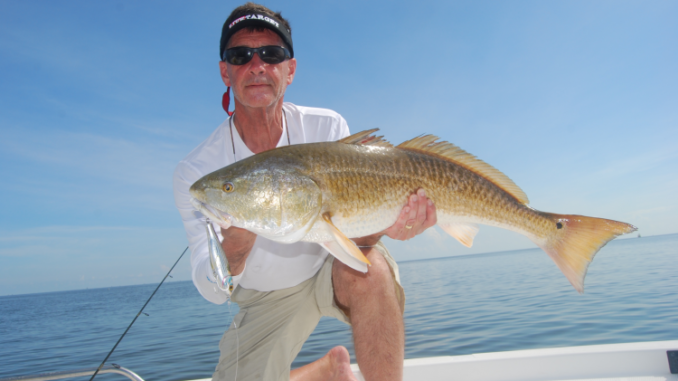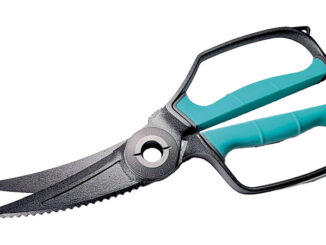
Measure falls 16 votes short of passage Monday afternoon
A bill that would have increased most Louisiana hunting and fishing licenses by about 30 percent — and raised almost $7 million annually for the Department of Wildlife and Fisheries — failed on the floor of the House of Representatives Monday.
With 54 votes in favor and 27 against, HB 687 sponsored by Rep. Jerome Zeringue (R-Houma) did not muster enough support at the State Capitol to move on to the Senate.
“It’s tough, especially in light of the budget and the economy and everything else, and I thought about that …. I’m all about smaller government and reducing the amount people are obligated and required to pay, but this was important,” Zeringue said Monday evening after the vote. “It’s a fee for a department that actually manages one of the most ecologically-significant and bountiful resources in the nation, and I think it’s worth it.”
The 105-member House had 24 representatives absent on Monday, a fact that didn’t help the legislation, which needed 70 votes to pass because it involved a fee increase.
“Theoretically, we had 54 votes, and we needed just 16, so it would require at least getting 16 of those 24, or some of the ‘nos’ to vote yes,” he said.
But Zeringue was uncertain Monday evening on the future of the legislation for this session. Complicating the issue is the plan to end the regular session early next month to allow for another special session in June, and the timetable it typically takes a bill to advance through both the House and Senate.
“Essentially, since it received at least 53 votes, technically it can be brought back on the calendar,” he said. “It’s just a matter of if me as the author is willing to bring it back up … So we’ll work with the Department and consider our options, but it’s obviously getting pretty close to where it may be a time issue that may prevent it — even if we wanted to.”
Before the vote Monday afternoon, Zeringue told the House that while LDWF’s coffers currently have a healthy balance in excess of $200 million, much of that money cannot be appropriated, and with deficit spending projected for each of the next four years, the Department could be forced to come to the Legislature seeking General Fund money to operate in the near future.
The LDWF is now completely self-funded, he said, and hasn’t proposed increasing license fees since 2000 — even though reduced oil and gas prices have negatively impacted mineral royalties collected, and inflation has increased 36 percent in the last 18 years.
“The reality is if it continues the way the funding has been going — because of the fact the royalties off the land are not receiving what they previously had — they will continue to be in a deficit spending mode and will exhaust the Conservation Fund,” Zeringue told the House. “And that’s within four years.”
But Rep. Blake Miguez (R-Erath) engaged Zeringue in a 10-minute-plus back-and-forth on the semantics of the bill, stating that what Zeringue was referring to as restructuring actually meant a fee increase for many of the state’s hunters and anglers.
“I believe this is a fee increase. Don’t you agree?” Miguez asked.
“You can believe what you want to believe. Mr. Miguez,” Zeringue responded. “There’s no doubt it’s increasing fees, but it’s reducing some — it’s consolidating licenses.”
Miguez, who characterized the legislation that would have cut the number of LDWF licenses offered from almost 120 down to 39, but also increased many of the basic hunting and fishing license costs for state residents — as “putting lipstick on a pig,” and said with that much money left in the LDWF account, now wasn’t the time to seek a fee increase.
“The point I’m trying to make Representative, is I think this may be an issue in the future, but I don’t think the issue here is today,” he said. “I think we should wait and postpone this and see what happens when the price of oil renews.”
The bill had passed out of the Committee on Natural Resources and Environment in late March, and was scheduled to be heard on the House floor on April 5, 12 and 19, but was pulled each time before finally being debated on Monday afternoon.
To see how your representative voted on HB 687, click here.


